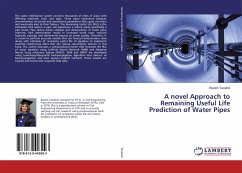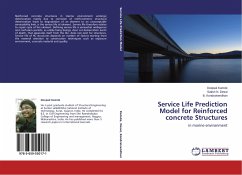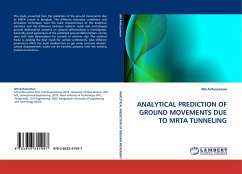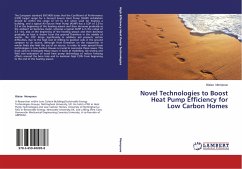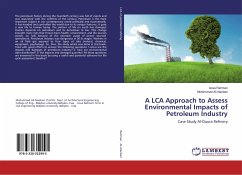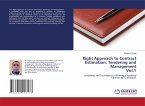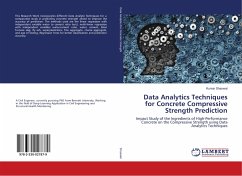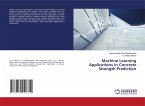The water distribution system contains thousands of miles of pipes with differing materials, sizes, and ages. These pipes experience physical, environmental, structural and operational parameters that cause corrosion and eventually lead to their failures. The Remaining Useful Life (RUL) is the estimated time before a pipe will experience a failure mode specifically a pipe break. Pipe failure means collapse and deterioration of water pipes overtime. Pipe deterioration results in increased break rates, reduced hydraulic capacity, and detrimental impacts on water quality. Therefore, it is crucial to perform accurate models that can forecast deterioration rates along with estimates of remaining useful life of pipelines to implement essential interference plans that can reduce catastrophic failures. In this book, the author discusses a computational model that forecasts the RUL of water pipelines using Artificial Neural Network (ANN) and Adaptive Neural Fuzzy Inference System (ANFIS).ANN and ANFIS are developed using Levenberg-Marquardt backpropagation algorithm and mixture of backpropagation and least squares (hybrid method). Those models are trained and tested with acquired field data.
Bitte wählen Sie Ihr Anliegen aus.
Rechnungen
Retourenschein anfordern
Bestellstatus
Storno

